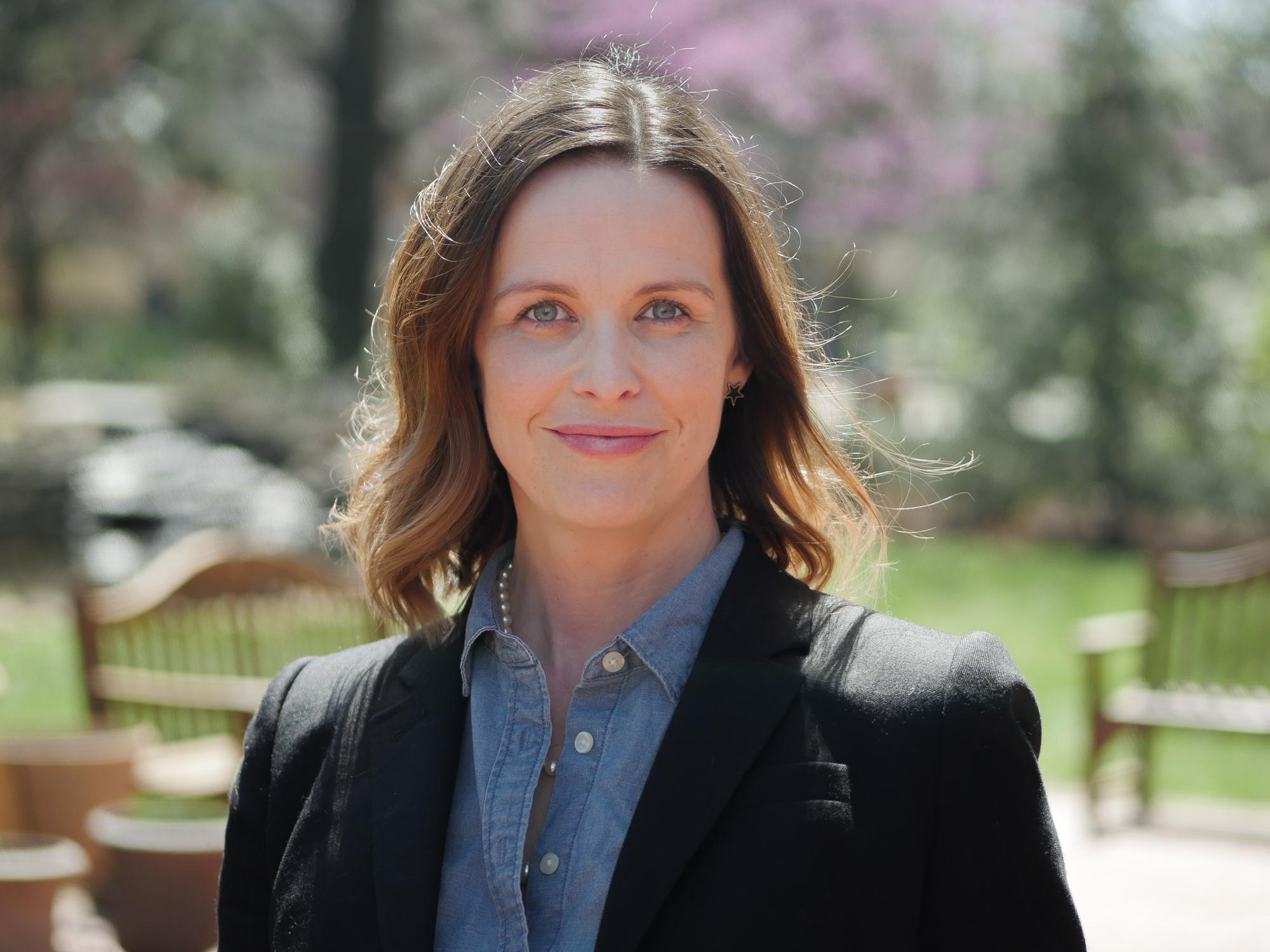By Richard LeComte
 LEXINGTON, Ky. -- This fall, Emily Beaulieu Bacchus is helping the Political Science Department at the University of Kentucky select a graduate to honor with the first Outstanding Alumni Award.
LEXINGTON, Ky. -- This fall, Emily Beaulieu Bacchus is helping the Political Science Department at the University of Kentucky select a graduate to honor with the first Outstanding Alumni Award.
She welcomes the opportunity to connect with graduates just as she enjoys mentoring students as director of the College’s International Studies Program.
"Engaging with alumni and students is something I already do for the international studies majors,” said Bacchus, who’s also associate professor of comparative politics and associate chair. “Also, I, have been working with poli-sci students for years. But now is a chance for me to also start to engage more with political science alumni.”
The Department will announce and bestow the first Outstanding Alumni Award during UK Homecoming, which is Oct. 7-10. She and faculty members are working on selecting the first recipient, and political science alumni may return to campus and participate in a reception Oct. 8.
“We're at a point in the Department, with the size of our major and the size of our alumni base, where we, the leadership, have decided that we need this award,” said Bacchus, who earned her doctorate the University of California, San Diego. “We’ve had some preliminary nominations, and we're working with the Department chair and our philanthropy director. We have a lot of great people whom we might want to pick for our inaugural recipient.”
The award arises, Bacchus said, from the fact that the political science major is one of the most popular in the University and that alumni have figured heavily in mentoring students in both domestic and international study programs.
“We want to recognize the wonderful things our alumni are doing for our students,” Bacchus said. “Bringing alumni together with faculty, former faculty and current students will help to create even more of those connections.”
Organizing the award also gives Bacchus an opportunity to catch up with her students who are now out in the political arena.
"I have mentored a lot of students,” she said. “I love overseeing students who are doing internships and undergrad research and these sorts of things, and so, for me, getting the chance to have that kind of continued contact to see where those graduates go and what they're doing now is very gratifying to me. It's a good fit for my general approach to scholarship and education.”
Bacchus’ research interests lie in studying conflict and protest. Her book, “Electoral Protest and Democracy in the Developing World,” looks at protests that swirl around elections using data gathered from a 30-year period. Her latest research, which she’s conducting with Nathan Batto at Academica Sinica in Taiwan, examines legislative brawls around the world – yes, when representatives decide using their words isn’t enough. She notes that several countries – South Korea, Taiwan and Ukraine, for example – have legislative sessions that devolve into ruckuses. But she says her research is showing that these institutions can iron out this kind of conduct when things get too hot. Legislators may have partisan incentives to brawl, but they can be handled in ways that don’t threaten democracy.
“My colleague and I feel like what Taiwan and Ukraine show us is both the unfortunate way you can get into violent cycles, but also how it can stay relatively contained,” she said. “These are democracies that are not devolving into civil war, and so, you know, it can be managed. We have other cases, like South Korea, that had a really, really bad brawling problem, and then there was this one episode that involved a chainsaw, and it scared some people. So they reformed their processes, which led to a very peaceful decade of democratic representation. Something I’d love for the U.S. to experience.”
Meanwhile, just this past summer, Bacchus began connecting with incoming first-year students through a program that brought them early to campus. She taught Introduction to Comparative Politics.
"It's a treat to be back in the classroom after a year of being virtual,” she said. "It’s also been nice to have a really small group. I don't usually get to teach this intro class to a small group. But even in classes with 50 or 60 students, I make it a point to get to know their names. I’ll pester them to come talk to me during office hours. I want to get to know my students and what their interests are. Then I can help them relate those interests to politics.”
And her own reward lies in knowing she helped her students see the world differently.
“Students sometimes tell me after they’ve learned about international politics, that ‘Things are never going to be the same for me now that you've told me these things. How do I go back into the real world?’ And I say, ‘Hopefully, armed with more knowledge. That’s the whole point of college.’”

